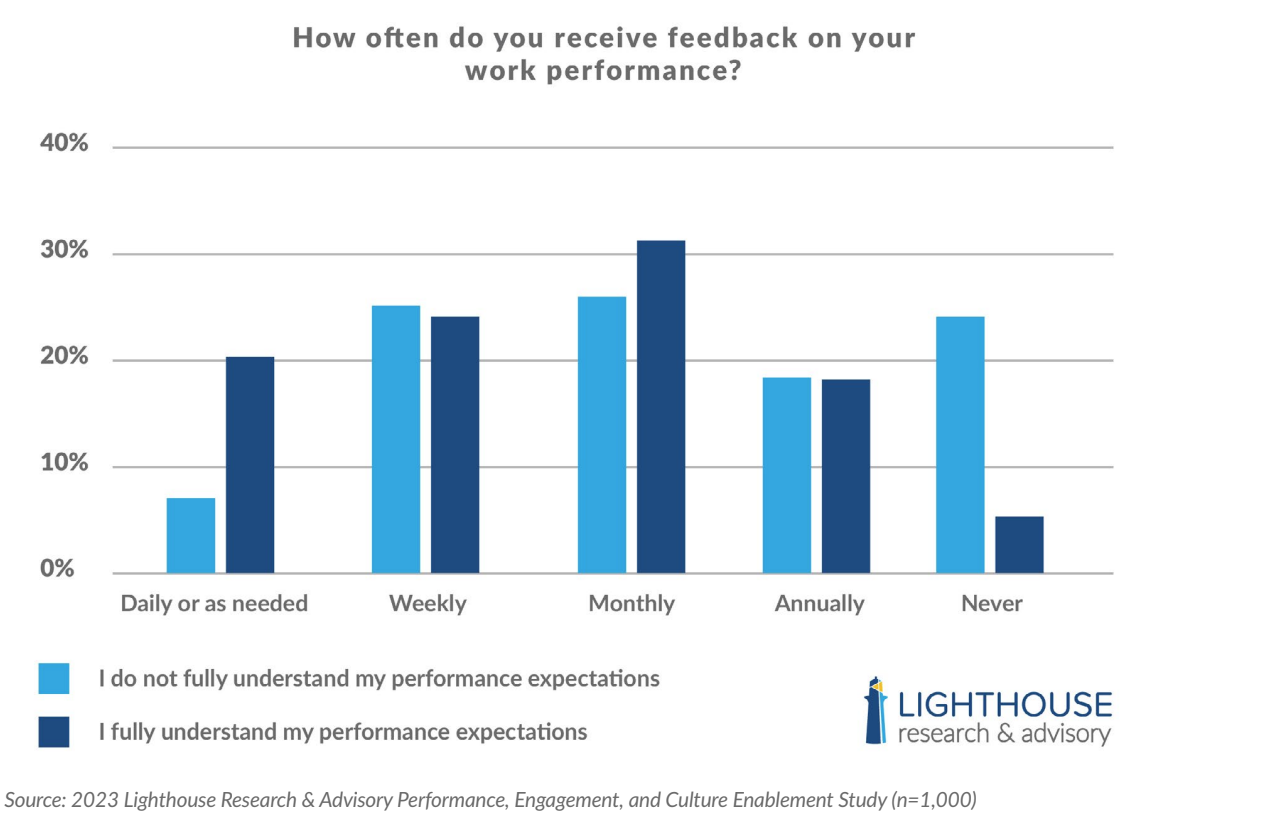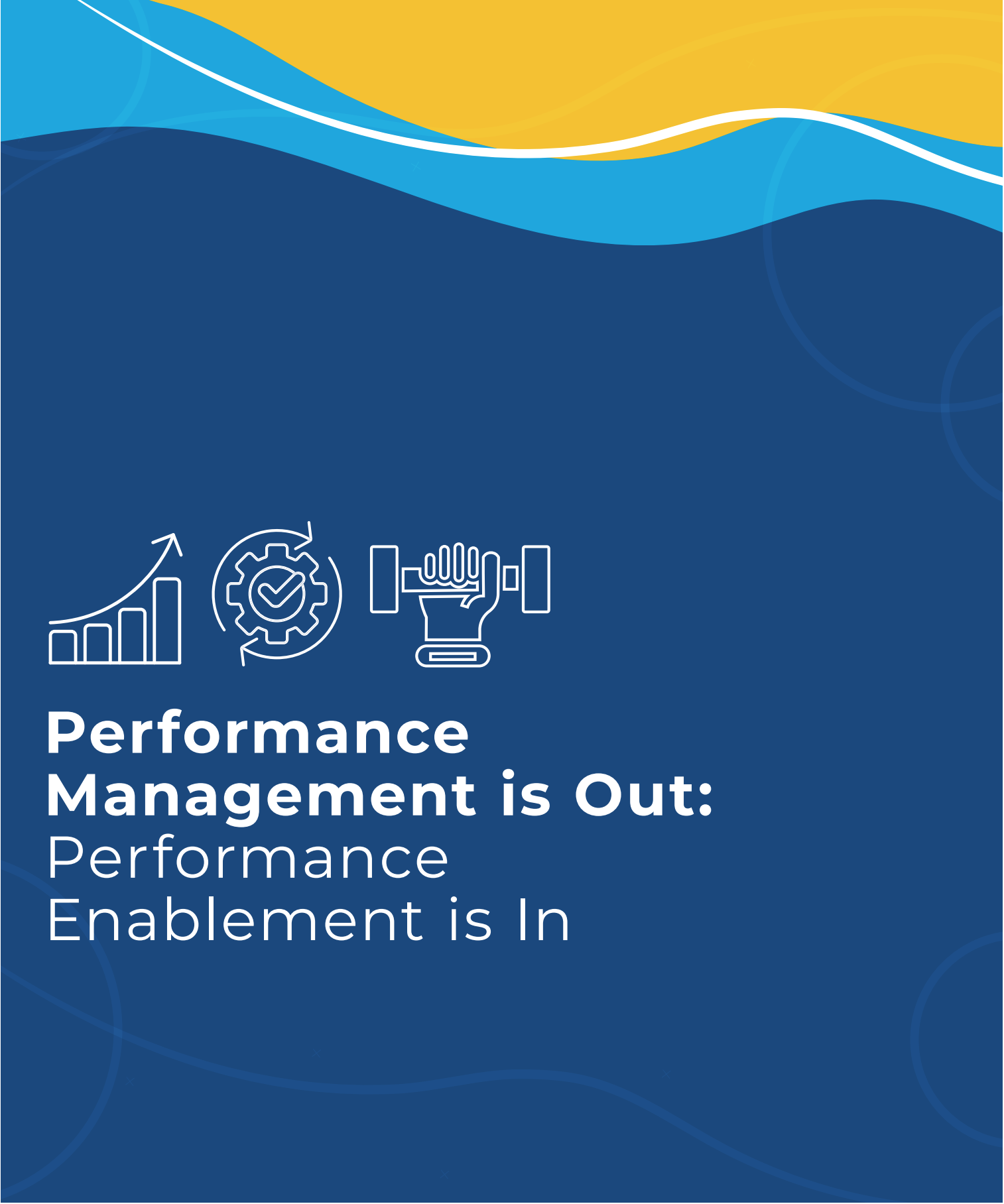In the realm of organizational success, the approach to enhancing employee performance is undergoing a significant transformation. Gone are the days when traditional performance management methods—marked by goal-setting, monitoring, and reviewing—were the norms. These outdated practices, often criticized for their ineffectiveness and tendency to induce stress, are making way for a more dynamic and supportive strategy: Performance Enablement. This shift reflects a deeper understanding of the modern workplace’s needs, prioritizing employee growth and business agility over rigid evaluations.
Amidst a rapidly evolving business landscape, the pivot towards Performance Enablement speaks volumes about the need for approaches that resonate with today’s dynamic workplace culture. Unlike its predecessor, Performance Enablement focuses on fostering an environment where continuous learning, collaboration, and feedback are at the forefront, enabling employees to thrive and adapt. This strategy not only addresses the shortcomings of traditional models, such as bias and ineffectiveness, but it also aligns with the aspirations of a modern workforce seeking purpose and development opportunities. By prioritizing the empowerment and growth of employees, organizations adopting Performance Enablement are setting new benchmarks for success, demonstrating that the path to achieving outstanding business results is through nurturing talent and unlocking potential.
One of the most pivotal discoveries in the evolution from performance management to performance enablement is the crucial role of feedback. In traditional systems, feedback is often structured as a formal exchange, limited to annual reviews that fail to provide timely support or address immediate challenges. In contrast, performance enablement emphasizes the need for continuous, open, and constructive feedback that sustains employee growth and performance improvement in real-time. The research as you can see the graph below, reveals a significant disparity in understanding performance expectations between employees who receive daily feedback on their work and those who never do.
Frequent feedback loops encourage a culture of agile learning and adaptability, allowing individuals to rapidly refine their skills and align with evolving organizational goals. This approach transforms feedback from a potential source of anxiety into an ongoing dialogue that fosters trust, breaks down barriers to communication, and empowers employees with the knowledge that their contributions are valued and their professional development is a priority. As a result, this real-time feedback becomes a powerful tool for performance enablement, bolstering both individual growth and the collective success of the organization.
Click link below for more information:
Performance Management is Out: Performance Enablement is In

George Rogers is the Chief Strategy Officer at Lighthouse Research & Advisory. He is an author, coach, and globally renowned keynote speaker acclaimed for delivering compelling insights on cultivating purpose-driven, profitable businesses. As a leader developing inclusive and motivating workplace environments, he consistently provides transformative perspectives and guidance to organizations worldwide. Over the past two decades, he has dedicated himself to inspiring leaders and transforming workplace cultures.
In his book Champion Your Purpose, we learn that finding purpose in life looks different for everyone, and very few will find the exact common purpose that aligns the exact same. He provides a step-by-step approach to help readers identify their purpose and align it with their personal and professional goals.
His research focuses on leadership and its impact on performance, engagement, culture, mental health, inclusion, and belonging. If you ask him what led him to the HR space, he will remind you that his passion and purpose are championing people.
With over 25 years of leadership and keynote speaking experience, he has inspired, empowered, and challenged every audience —virtually and in person —to discover their purpose in the workforce, learn how to Champion Your Purpose individually, and lead the life they love.


